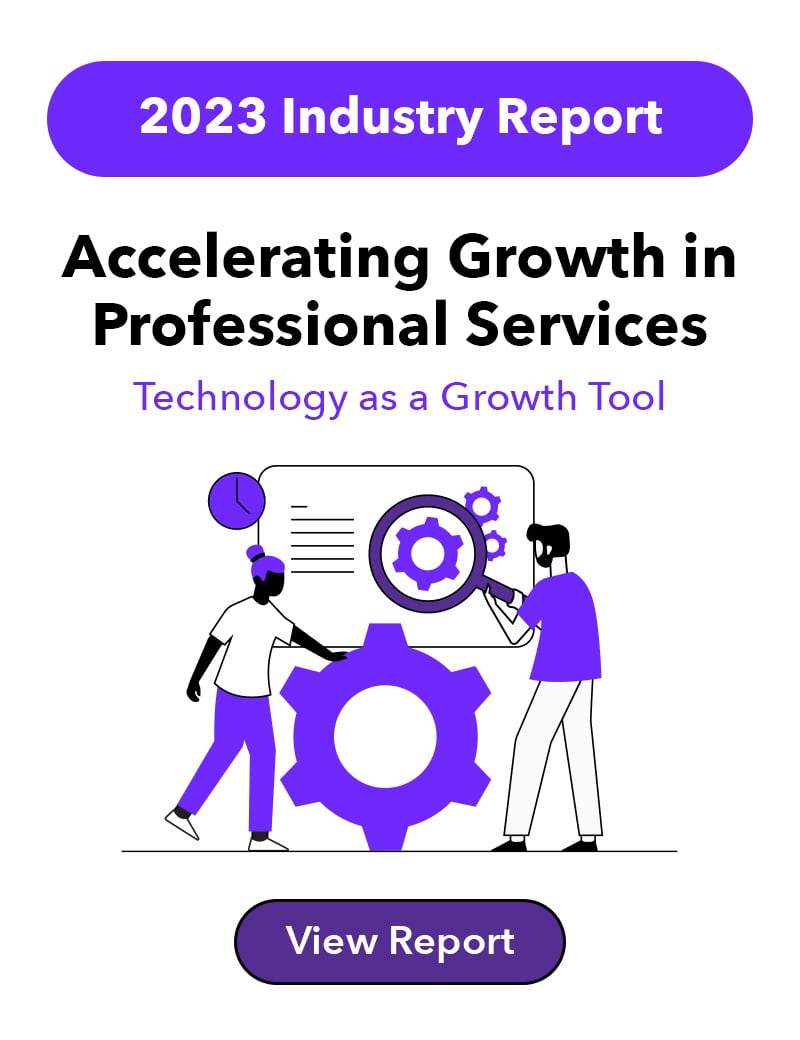My former boss, friend and mentor, Peter Ozolin, always gets me thinking. This time, he made me think about my journey from lawyer to working in early stage companies. Here's the TL:DR -- it was not my planned path, but I would not change a thing!
In his October 26, 2020 post, Pete starts off with this thought: “I believe entrepreneurial thinking can be taught. Yes, for some folks risk-taking, leadership and “out of the box” thinking will be more intuitive. However, there’s not some secret formula that only a few have access to. ”
He is absolutely right – but you have to have the right teacher.
When I joined Manzama, the company that he founded with Mark Hinkle, I had never worked in a startup. I had started my career in sales and went to law school to escape it. Little did I know that three years later as a newly minted lawyer coming out of school in a terrible economy, I would end up back in sales. I spent time at LexisNexis and then at Interface Software (pre-acquisition) which was beyond the start-up phase, but still small, highly innovative, and scrappy. Those experiences working directly with lawyers, marketers, librarians, and technologists set the foundation for the career that was to come, focusing on the intersection of sales, technology and information in the business of law.
When I arrived at Manzama in 2011, I was coming off seven years in Biglaw where I worked in business development. Law firms are, for the most part, the antithesis of entrepreneurial. They are big, monolithic institutions where creating change is not impossible, but can sure feel that way. Decisions often take committees, committees are often composed of lawyers who (with all due respect) have no experience in the management of a law firm, and fear of change is pervasive. I used my sales skills more in those years than I ever did as a salesperson. When I left there to join Manzama, it had 15 customers. At my going away party, a good friend told me that I’d lost my mind and that I would be back in a firm in six months. I remind her of that day from time to time.
I remember vividly the day that I realized how fundamentally my world had changed. Peter and I were visiting a client who told us that some of the input fields in our software didn’t make sense. On the elevator ride down, he told me she was absolutely right and he called the CTO and asked him to make the changes she had requested. They were done the next day. It took me about that long to pick my jaw up from the floor. I had never experienced anything like that in the past. He made a decision – and boom – done. Working like that was alien to me, but once in, I was hooked.
Over time, they carved a path to leadership for me (I ended my seven years there as Chief Client Officer) and I learned to let go of my old ways of thinking and to embrace change. While I am far more cautious than your typical entrepreneur (and to be fair, I am not a real entrepreneur as I have never started my own business), I learned that risk-taking was not nearly so scary as I thought. I started reminding myself — and then pretty much everyone who ever worked on one of my teams — that we were selling software; if we made a mistake, no one was going to die. That didn’t mean we weren’t serious or passionate about what we were doing, but perspective is key. I learned that my voice and my approach to decision-making had a place even in the Wild West of startup-land and that a good team has a diversity of thought and experience — otherwise, everyone jumps out of the airplane and no one is left to fly it. I learned to (mostly) set aside my skepticism when my natural preference would be to over-think. But most of all, I learned not to allow fear of failure to drive my decision-making. I learned to put voice to these thoughts in a productive way.
Now, at Pitchly, those lessons are my touchstones. We are in growth mode and it feels like we are making decisions nearly every minute – and it’s a joy. Our team is small but mighty. Our focus is on our clients and making sure we exceed their expectations. Our job is to think of things before they do. To innovate. To push boundaries. Every day, I learn something new, and I am more excited to be on this ride than I can ever express.
 Nov 18, 2020
Nov 18, 2020




